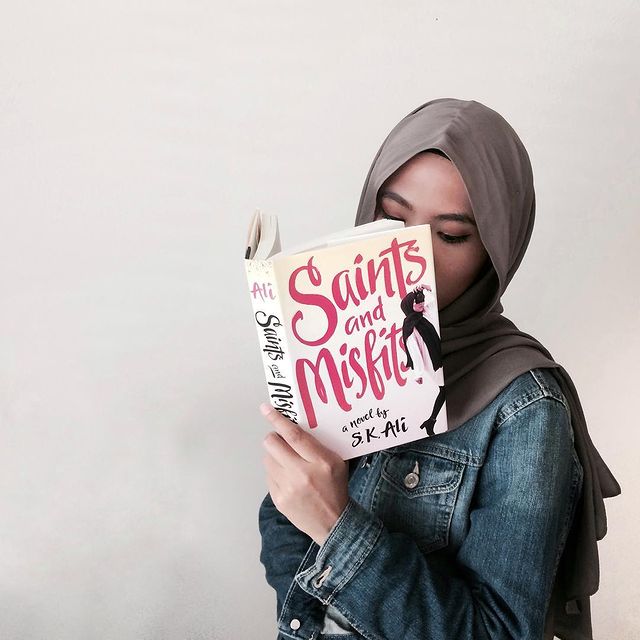The way the scenes were written especially with the characters who defended the rapist and the characters who stood up for Janna was extremely eye-opening. As Muslims, this book serves as a daily reminder not to put scholars and hafidhs on a pedestal. Do the research and listen to the victims when they try to speak up.






